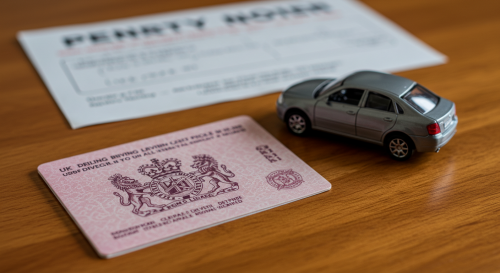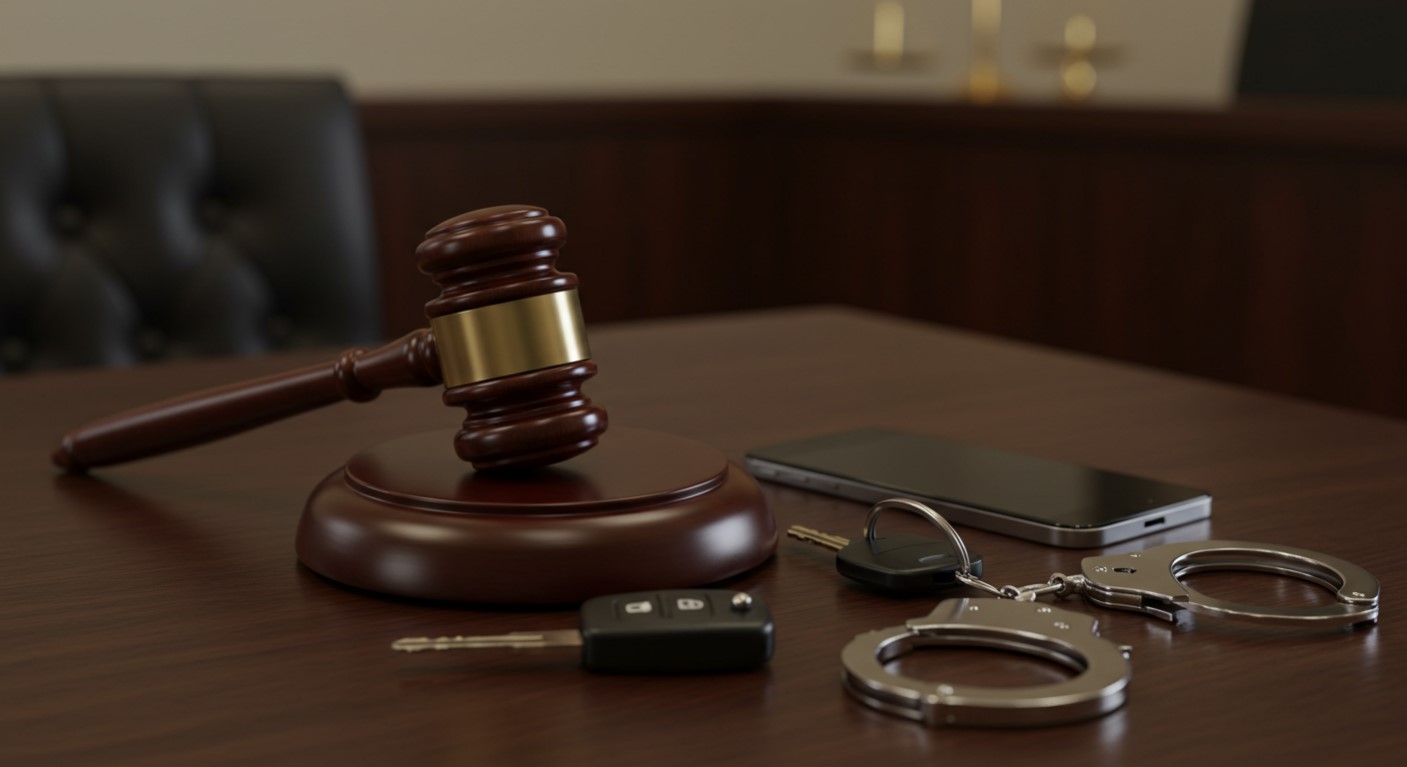Understanding the Legal Implications of Speeding in 20 mph Zones in England: Consequences, Defences, and the Importance of Legal Representation

Understanding the Legal Implications of Speeding in 20 mph Zones in England: Consequences, Defences, and the Importance of Legal Representation
In England, exceeding the speed limit in a 20 mph zone is a violation that carries specific legal consequences, and understanding these is crucial for drivers. This article will explore the law, consequences, potential defences, and the importance of seeking advice from a solicitor in such cases.
The Law on Speeding in 20 mph Zones in England

Speed limits are enforced to ensure road safety, and 20 mph zones are typically found in areas with high pedestrian traffic, such as near schools, in residential areas, or in city centres. The law governing speeding offences is primarily found in the Road Traffic Regulation Act 1984.
Exceeding the speed limit in these zones is treated as a serious offence due to the increased risk of harm to pedestrians and other road users.
Consequences of Speeding in a 20 mph Zone
The penalties for speeding in a 20 mph zone can be substantial, reflecting the seriousness with which these offences are viewed:
- Fines: Speeding can result in a fine, often calculated based on the offender’s income and the severity of the offence.
- Penalty Points: The offender’s driving licence can be endorsed with penalty points, typically between 3 to 6 points.
- Disqualification: In more severe cases, or for repeat offenders, disqualification from driving may be imposed.
- Speed Awareness Courses: Some offenders may be offered a speed awareness course as an alternative to penalty points.
Potential Defences to Speeding in a 20 mph Zone

While defences against a speeding charge are limited, there are a few that may be applicable:
- Incorrect Speed Limit Signage: If the speed limit signs were not visible or did not meet legal requirements, this could be a defence.
- Emergency Situations: Speeding may be excused in genuine emergencies, although this is rare and difficult to prove.
- Faulty Speed Measurement: Challenging the accuracy of the speed measurement equipment used.
The Role of a Solicitor
Given the complexities of the law and the potential for significant penalties, seeking advice from a solicitor is advisable for anyone charged with speeding in a 20 mph zone:
- Legal Expertise: Solicitors can provide expert advice on the law and the likelihood of a successful defence.
- Representation: They can represent the accused in court, presenting evidence and arguments effectively.
- Negotiation: Solicitors can negotiate on behalf of their clients, potentially reducing penalties.
- Guidance: They can advise on whether to accept a speed awareness course offer or contest the charge.
Conclusion: Navigating Speeding in 20 mph Zones in England

Speeding in a 20 mph zone in England is a serious offence due to the potential risk to vulnerable road users. The consequences of such an offence can be significant, including fines, points on the licence, or even disqualification.
While defences are available, they are limited and often challenging to prove. Therefore, the assistance of a solicitor is crucial. They provide invaluable advice, represent the accused in legal proceedings, and can mitigate the severity of the penalties.
Their role is essential in navigating the complexities of speeding offences and ensuring the best possible outcome.
Notice: Informational Content Disclaimer
The content provided on this website, including articles, blog posts, and other informational materials, is intended for general informational purposes only. It is not intended as, and should not be considered, legal advice.
Visitors to this website should be aware that the information presented here is not a substitute for seeking legal advice from a qualified solicitor or legal professional. Each individual's legal situation is unique, and the information provided may not be applicable to specific circumstances.
If you require legal advice or have specific legal questions, we encourage you to contact us directly. Our experienced team of solicitors is here to assist you with your legal needs and provide tailored advice to address your concerns.
Please be advised that any communication through this website, including the use of contact forms or email, does not create a solicitor-client relationship. Confidential or time-sensitive information should not be sent through this website. To establish a solicitor-client relationship and discuss your legal matters in detail, please contact us for a consultation.
We strive to provide accurate and up-to-date information, but we make no representations or warranties regarding the accuracy, completeness, or suitability of the information contained on this website. We shall not be liable for any reliance placed on the information provided herein.
Thank you for visiting our website. We look forward to the opportunity to assist you with your legal needs.




